How to Return Home: Blindness by Simon Stephens
As in-person Toronto theatre slowly re-opens, Intermission’s Editors will be sharing personal reflections on the realities of being back in the theatre. These are not criticisms or reviews. They are not blog posts. They are memories of being caught in the middle of a theatre renaissance. They are an archive. They are history.
The Second Cup frappe sits like sand in my stomach, icy, saccharine, mush.
They’re blasting the air conditioning in the theatre, the Mirvish, hulking theatre, teasing the sticky August air outside with chilly breath.
My teeth chatter. Nerves. Newness.
I half-recognize the bodies around me. They write for the Star, the Globe and Mail, NOW Toronto. They chair boards of Canadian theatre critics. They have limbs. They’re not just faces in Twitter profile pictures, not just bylines. Some are in pairs. Some are alone. They know each other, share squinty smiles above the seams of their masks, chat.
For them, this is a reunion.
For me, new to Toronto, it is an initiation.
The lights over the floor of the Princess of Wales stage dim, then descend, trapping us. It’s a darkness I’ve not felt in years — maybe more. It’s crushing, thick, vulnerable. The seat beside me stays empty — Mae’s hit horrible traffic, she won’t make curtain, I’m alone — and I place (sanitized? Surely they’re sanitized. They’re definitely sanitized, I intone to myself) padded headphones over my badly-curled hair.
It begins.
Simon Stephens’ Blindness, the audio adaptation of José Saramago’s 1995 novel of the same name, sucker-punches me. It’s a pandemic play, and the panic I feel when I realize that it’s a pandemic play is visceral, electric, horrifying. It is a pandemic play and I am in complete darkness. The spots of light I catch at the edges of the stage (not the auditorium, where we belonged, back in the before-times, with padded seats and exit signs, but the stage) might not even exist — perhaps they’re just my eyes adjusting to the numbness.
The blindness.
Maybe J. Kelly Nestruck is listening to a particularly avant-garde recording of Cats. I’ll never know.
It’s a pandemic play, and I’m here, and I’m alone. I’m craning my neck to look at the bodies around me, bewildered by the stillness of my fellow audience members. They’re staring dead ahead. I think they’re listening. I think we’re laughing at the same bits of coarse, resonant text. Of course, though, there’s no way to know. Maybe our headphones are loaded with different plays. Maybe J. Kelly Nestruck is listening to a particularly avant-garde recording of Cats.
I’ll never know.
It’s cold. My cardigan’s in the purse under my chair. Can’t see it, can’t feel it with my foot, can’t even smell the leather, only the perfume trapped in my cotton mask no matter how often I wash it. It’s the only thing to notice in the darkness.
Sometimes the stage lights strobe, yanking us out of the blindness and into something more chilling. At least in blindness, there is certainty of blindness: in liminality, there’s a chance of fallibility, of wrongness.
In blindness there is safety.
At one point, the stage curtain opens (or does it disintegrate?) and we stare out into the immense, beckoning auditorium of tiered red chairs, caught in the glow of a single ghost light, still seemingly waiting for us to return, for actors, for crew. For critics in aisle seats. For young journalists in corners.
The disease here is blindness. Not coughing or intubation or populism, but it might as well be. There’s a story eerily parallel to the realities of COVID-19 (and Season 4 of Hulu’s The Handmaid’s Tale, funnily enough, the trade of sex for supplies), and throughout the entire performance, all that drums in my head is the reminder: Google when this was written. Google when this was written. Simon Stephens is a good playwright, and I know he wouldn’t write this in response to our pandemic. He wouldn’t be so daft. Google it. Remember.
(He didn’t, it turns out: he adapted this story from the 1995 novel in 2020. I’m half-right in my assumption that surely he knows this isn’t the story we need right now.)
We stare out into the immense, beckoning auditorium of tiered red chairs, caught in the glow of a single ghost light, still seemingly waiting for us to return, for actors, for crew.
Noise against silence. Laughter against shock. Fright against recognition.
The experience is akin to a sensory deprivation tank: I emerge changed, hollow, fragile. I step onto King Street blinking like a new baby, allergic to the sunlight, to the reality outside not so different from the dystopia just pumped into me by Simon Stephens’ ever-arresting language. I’m different.
It’s not the theatre I needed, but it’s the theatre I got, and I was there, and it happened, and the stage full of critics and other writers clapped at the end of the performance. I think we grinned at each other. I think we all took wistful looks at the auditorium, the wings, the dressing rooms — I surely did.
Outside, against the roar and anxiety of rush-hour Toronto, I meet Mae — for the first time, actually, as we’ve only ever worked together over Zoom — and try to articulate what I’ve just experienced, what Mirvish has had the guts to program in the surely-coveted “first theatre back since the pandemic” slot, what I’ll have to write about, to archive, to remember.
I trip on my words.
“It was a lot,” I say.
It’s all I can say. It’s all I can think, all I can post in the immediate aftermath on social media.
But there was more than that.
There was red carpeting, and people sniffling, and silly banter in the washrooms. There was glorious, glorious lighting. There was a story.
There was theatre.
It happened.

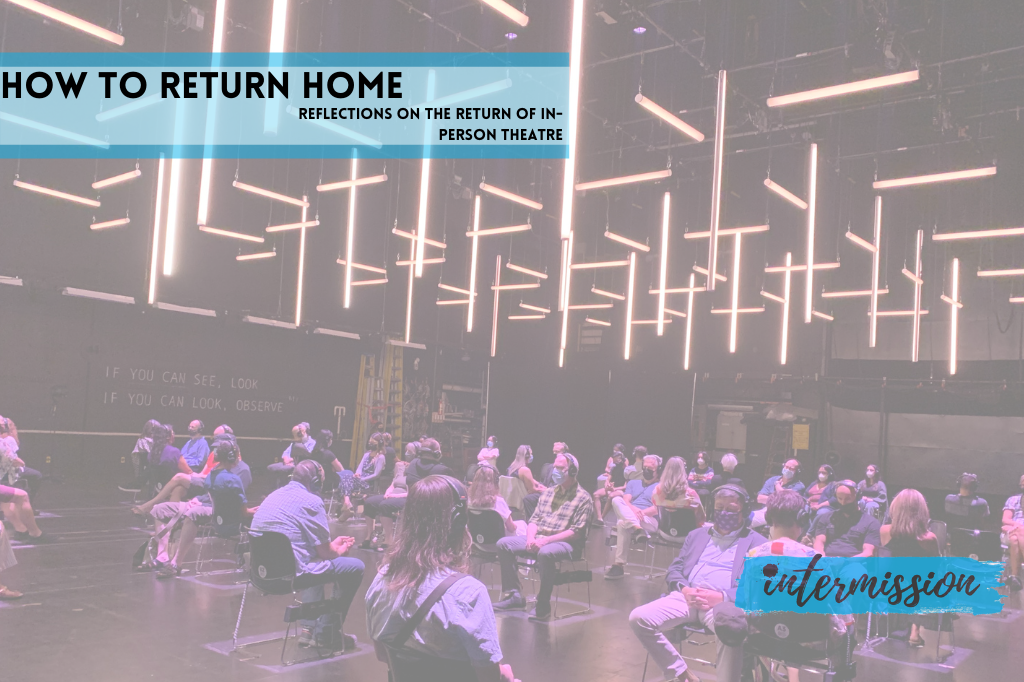

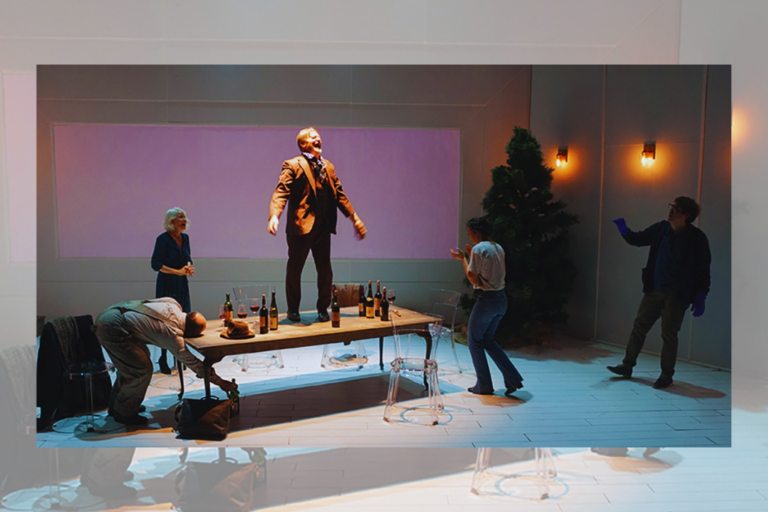
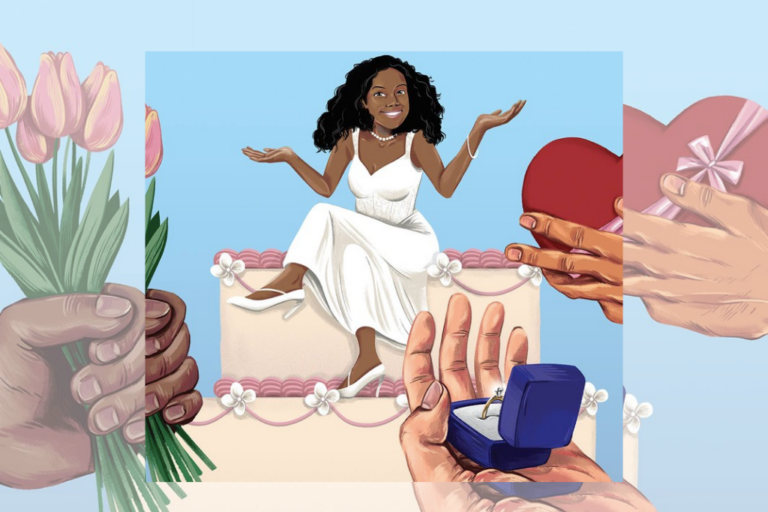
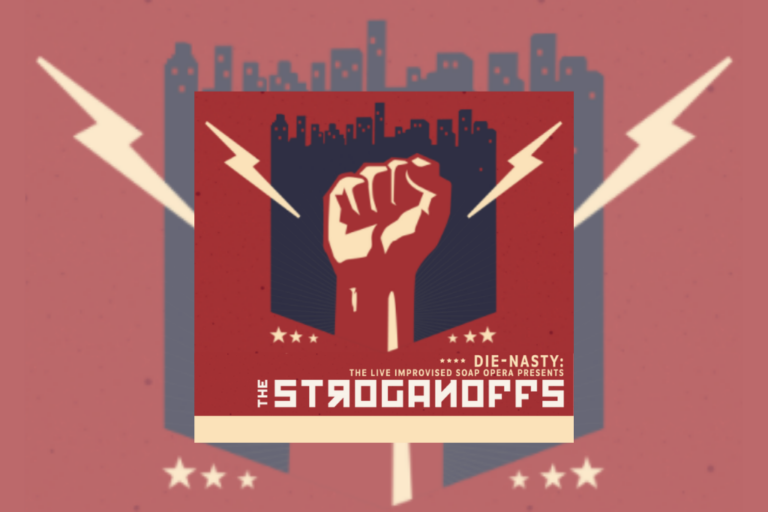
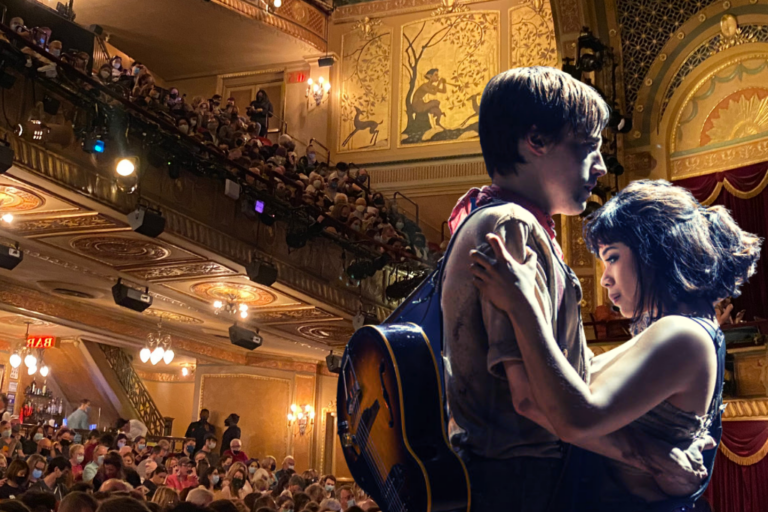

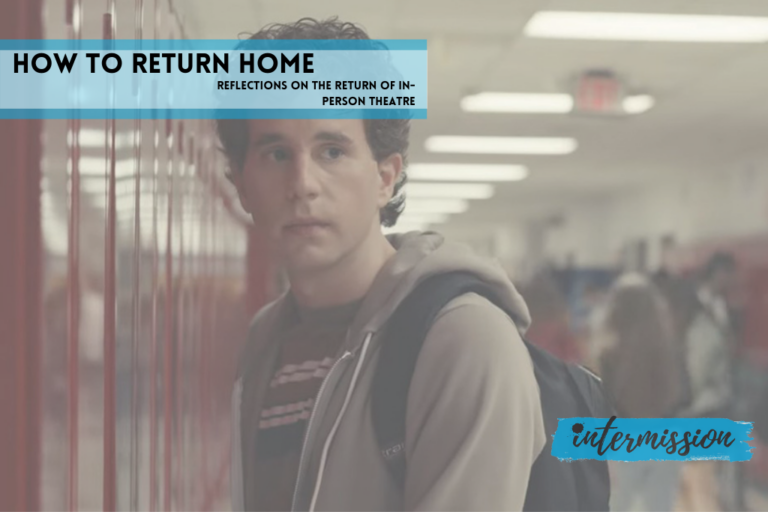

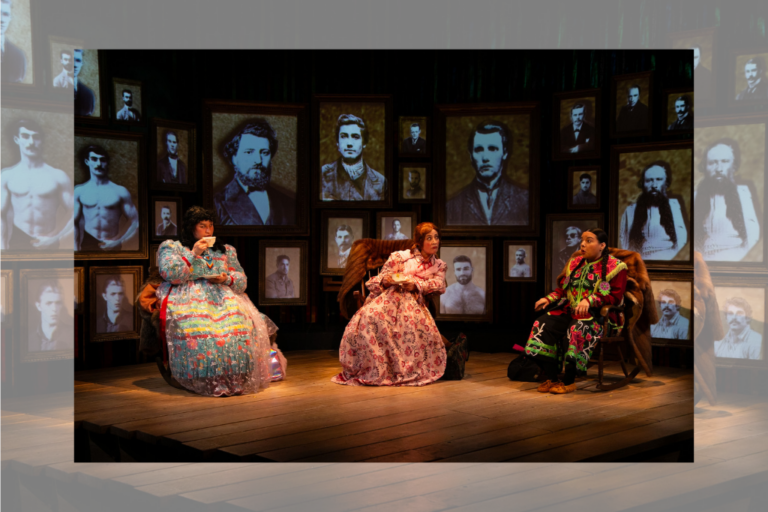
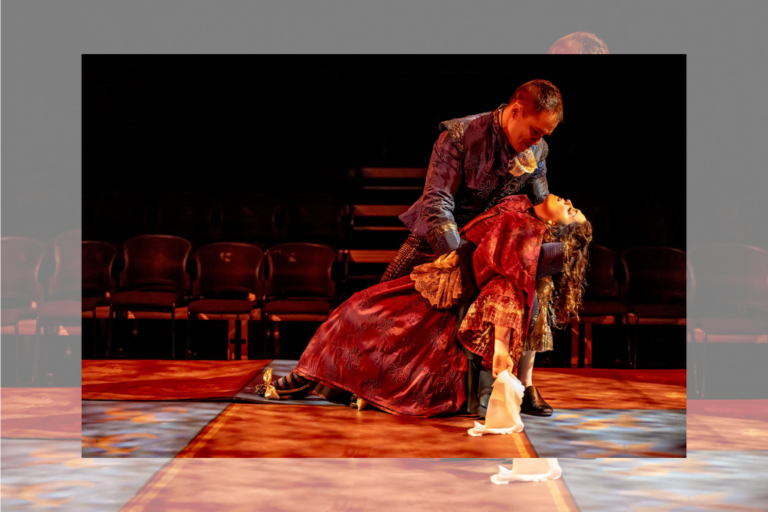
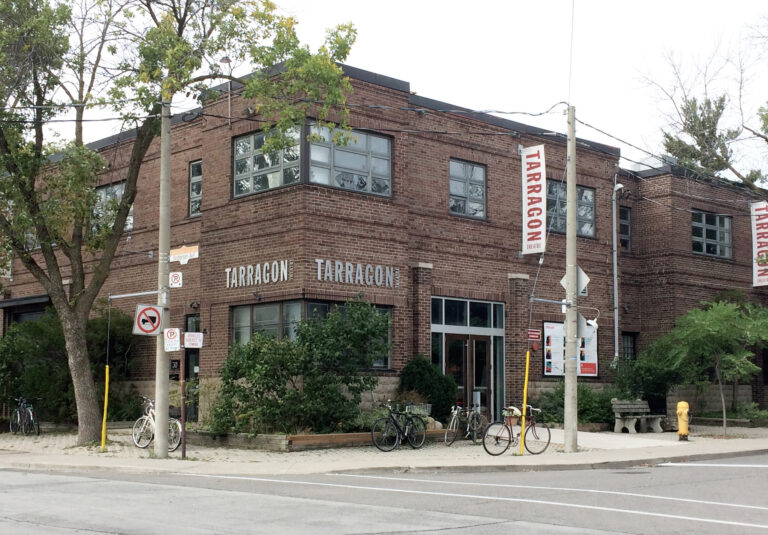


Comments